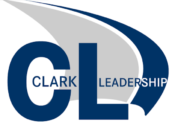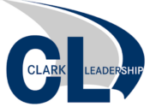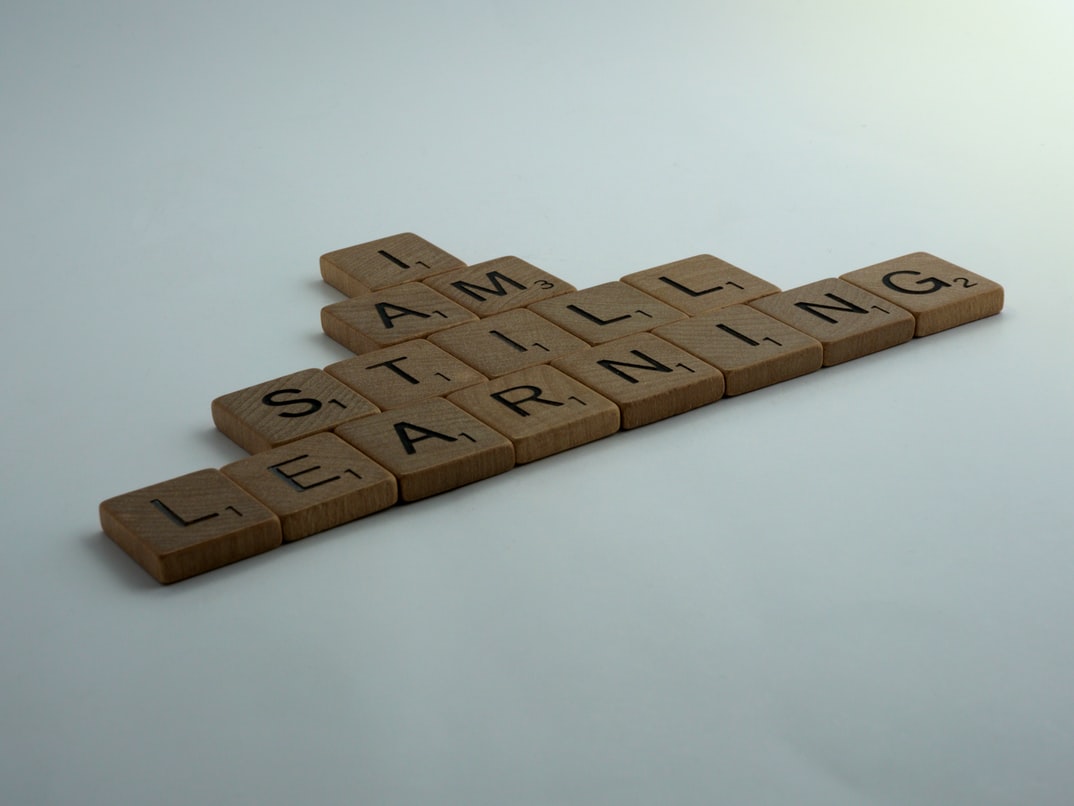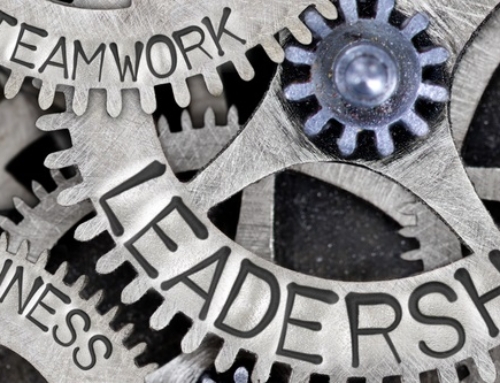The Necessity of Continuous Learning
By Zachary M. Cochran
As I was starting out as a small business owner in 2017, I didn’t realize the importance of continuous learning. Soon after starting the business, I discovered, as many small business owners do when they leave the consistency of that 9-to-5 job and its biweekly paycheck, that we must learn intentionally and continuously if our businesses are to survive and thrive. With a paycheck, learning was optional—even a luxury. Without a paycheck, we are required to always be learning. It is a prerequisite for successful entrepreneurship.
Despite this, it feels comfortable living in the “know it all” realm. To the teaching-inclined, it feels amazing to dole out answers to eager and curious questioners. For natural-born helpers, giving to others what wisdom we have gleaned from our experiences in life is its own reward. And while there is a place for this—and a wonderful context for this is within mentorship relationships—we must accept that as entrepreneurs, our primary domain is questions, not answers. Even when we have the answers, it is beneficial to challenge them. We must be learners, not knowers. But it can be hard to live in this open, curious, educational mode.
Learning is uncomfortable if we’re doing it right. Our growth edge is just beyond what we are comfortable with and already know. Learning takes us into that fear-inducing territory where it takes courage to go, because we step outside of the realm we know and believe we can control. Take heart—perhaps it is unwise to go so far into the unknown to evoke sheer overwhelm, burnout, and terror. We must all work to sense where our growth edge is—too little learning, and we don’t grow enough. Too much, and we shut down, wasting our energy in self-protection and distraction, or we fight reality, hitting our heads against the wall. Stepping outside of our realm of competence is intimidating—and worthwhile and essential.
The Clark Leadership team holds in high regard the late Dr. Lee Thayer, who stressed the importance of continuous learning in his work, and notably in one of his books: The Competent Organization. To quote Thayer, “Competent people are always in the learning mode. And learning equals growth, not guaranteed to be ‘safe.’ ‘Safe’ occurs only when there is little or no change. Competency is not a safe harbor. It is a journey. It is the never-ending pursuit of better.” In different words, Thayer says competence is the discipline of continuous improvement. Yet how does one continuously improve, if not by continuously learning from their and others’ mistakes?
Can learning be systematized? Yes. Does learning happen in only one way? Of course not. There are many learning styles. Knowing your own learning style is helpful. Not to mention that understanding your employees’ learning styles is very helpful. Some of us are visual learners, others are auditory learners, others are kinesthetic learners, and still others learn by doing. Some of us learn by reading, others by writing, still others by verbal processing. Perhaps your learning style is a mix of the above…but do you know which ones?
Learning styles affect how we learn, as do generational differences. You might pass a busy Millennial on a run in the park listening to their latest monthly Audible audiobook download. You might ask your Gen X coworker what their favorite podcast is and why they think you should listen to it. Gen Z has figured out how to make learning fun again—being both entertained and educated through TikTok videos. And try to find a Boomer CEO who isn’t working on themselves with an executive coach or meeting over Zoom with their peers in a monthly advisory group. Perhaps you don’t fall into one of the stereotypes, but that begs the question: which styles of learning fit you best? It is vital to uncover this about ourselves.
No one is an island—all of us benefit when we learn through others’ experiences. And so many lessons have been written down for anyone who will read them. With the end of the year coming up, you could reach out to your network on social media and ask for 2022 book suggestions. I think you’ll be shocked by the volume of recommendations your network will provide. If you’re interested in hearing about the business books that I have personally found helpful, you’re welcome to reach out to me for my list.

Solopreneurs and new business owners quickly realize that by choosing to be business owners, learning is no longer optional. When working for ourselves, we must learn, solve problems, connect with people, build stuff, and keep it all organized. That is a lot of work—and you must accomplish all of it simultaneously and continuously to keep your business afloat. It turns out that we may need way more support than we thought we did to sustain our business’s growth.
Above all, don’t stop learning. Own your self-education. Make learning habitual. Understand yourself. Try something new. I’ll say it again: don’t stop learning.




